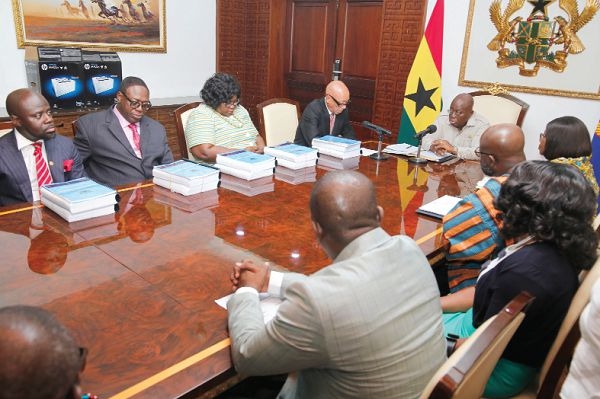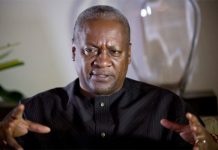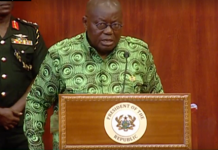Government has dismissed some of the recommendations of the Emile Short Commission of Inquiry which investigated the Ayawaso West Wuogon by-election violence.
A White Paper report on the commissions findings which was gazetted and published by government indicated that “the report failed to address the first and most critical of the terms of reference of the commission.”
“The failure to do so disables government from accepting in whole the findings of the commission,” the White Paper added.
The Commission of Inquiry was established on 8 February 2019 by President Nana Addo Dankwa Akufo-Addo to make a full, faithful and impartial enquiry into the circumstances of, and establish the facts leading to, the events and associated violence during the Ayawaso West Wuogon by-election held on the 31 January 2019.
The Commission took testimonies of principal witnesses in the matter including the Member of Parliament for Ningo Prampram, Sam George; the Commander of the National Security SWAT team, DSP Samuel Azugu; and the then NDC Parliamentary candidate, Delali Kwasi Brempong.
The Commission interviewed over 20 other witnesses and persons of interest over a three-week period.
The hierarchy of national security in Ghana made appearances before the commission over the course of the hearing amid the reports of abuse of power by National Security Personnel.
The Commission of Inquiry on 14 March 2019 submitted its report to the President.
Information Minister, Kojo Oppong Nkrumah who presented the White Paper report said: “After a careful study, government has issued a white paper together with the report itself, it has elected to publish in accordance with the Constitution”
Among the recommendations rejected, the government said Mohammed Sulemana, the SWAT officer seen on camera assaulting the Ningo-Prampram MP did not need to be prosecuted, contrary to the opinion of the commission.
The government in the Paper argued that the facts presented by the commission supported “a valid defence of provocation for the said assault [by Mohammed Sulemana].”
The government disagreed with the commissions finding that “there is a lack of clarity of responsibility and roles as well as lines of reporting.”
A number of critics cited the lack of coordination at the top of the security hierarchy as a major failing on the day of the by-election
The level of training of National Security Personnel was also called into question.
But the government cited the Constitution and the Security and Intelligence Agencies Act, 1996 which “spell out clearly the responsibilities and roles of the various offices within the national security establishment.”







